Child Safety Policy
Policy Statement
Oklahoma Children’s Theatre’s highest priority is the safety and well being of children. As an organization that primarily serves youth in our community, Oklahoma Children’s Theatre is committed to the highest safety standards and strictly enforces our policies and procedures to keep our space a safe space for children.
Policy Summary
OCT’s Child Safety Policy is outlined in our Employee Handbook and is found throughout OCT procedures, training manuals, and agreements. The following areas are addressed by this policy:
- Mandatory Background Checks
- Youth/Adult Interactions
- Prohibited Language and Communications
- Social Media
- Child Abuse/Neglect – Mandatory Reporting
- Additional Procedures and Practices
Definitions
For Oklahoma Children’s Theatre’s Child Safety Policy, the following definitions apply:
- Adult: any person who is 18 or older interacting within OCT’s space or events as an actor, part of a production team, employee, independent contractor, or teaching artist.
- Youth: any person 17 or younger involved in OCT’s programming as a student, actor, volunteer, or employee, both on-site and off-site. Youth participating in programming as a student or employee that turns 18 while participating is considered youth until the end of the session.
- Private Space: All non-public spaces including dressing rooms, bathrooms, rehearsal rooms, and classrooms.
- Public Space: any common space, accessible to the general public or to those granted access to spaces such as lobbies, theatres and hallways.
1) Mandatory Background Checks
Background checks including criminal history and Sex Offender Database search is conducted for every position at time of hire, before programming begins. Background checks are not permitted for individuals under 18. OCT rechecks all employees every 3 years but reserves the right to randomly check any employee or all employees more frequently.
2) Youth/Adult Interactions
OCT does not endorse arrangements or relationships between employees and students or their families. OCT requires staff to report pre-existing relationships to supervisors as soon as possible.
Where possible, there should always be three people in the space at all times in order to not have instances of a one-on-one ratio between adults and youth. In instances where it is unavoidable to have a one-on-one ratio (before class waiting for other students to arrive or after class waiting for a parent), both youth and adults should be in a public space providing access to other personnel on the premises.
3) Prohibited Language and Communications
The use of obscene language, discussions about sexual content, drugs, or other adult content around any child or volunteer is strictly prohibited. Not knowing that a child is in earshot is not an excuse.
Staff should not be in contact with students, actors, or volunteers outside of their job duties.
Any music, video, or illustration used in programming must be age appropriate for all ages in the room. Any media with sexual or drug references, adult themes, or adult language is not permitted for use in OCT’s programs.
4) Social Media
Social networks are extremely popular with our campers and each year a higher number
of our students have their own accounts. Under no circumstances are staff permitted to friend or follow any campers on any social media network.
Staff are only permitted to take photos of campers within the context of their job and are not allowed to post photos of campers to their personal social media accounts.
5) Child Abuse/Neglect – Mandatory Reporting
Any person, private citizen or professional, who has reason to believe that a child under the age of 18 is a victim of abuse or neglect, is required to immediately report the matter to the Department of Human Services, at the statewide hotline (1-800-522-3511).
OCT provides employees with training on child abuse and neglect and reviews the reporting process with all new staff members.
6) Additional Procedures and Practices
Parent Pack
Employee Handbook
Summer Staff Handbook
In the above links you can find more information about our organization and its commitment to child safety. Additional policies included in the resources about include but are not limited to: drug and alcohol usage, photo policy, medical emergencies, reporting incidents and accidents, lost or missing students, fire/extreme weather policies and more. Programming staff are trained in these additional policies and procedures and are expected to be knowledgeable in executing them.
If any employee, member of production staff, teaching artist or independent contractor is found in violation of one or more of these policies, there will be discipline up to and including termination, in addition to any legal reporting to relevant authorities.
Our staff receives and completes training given by the Care Center.






